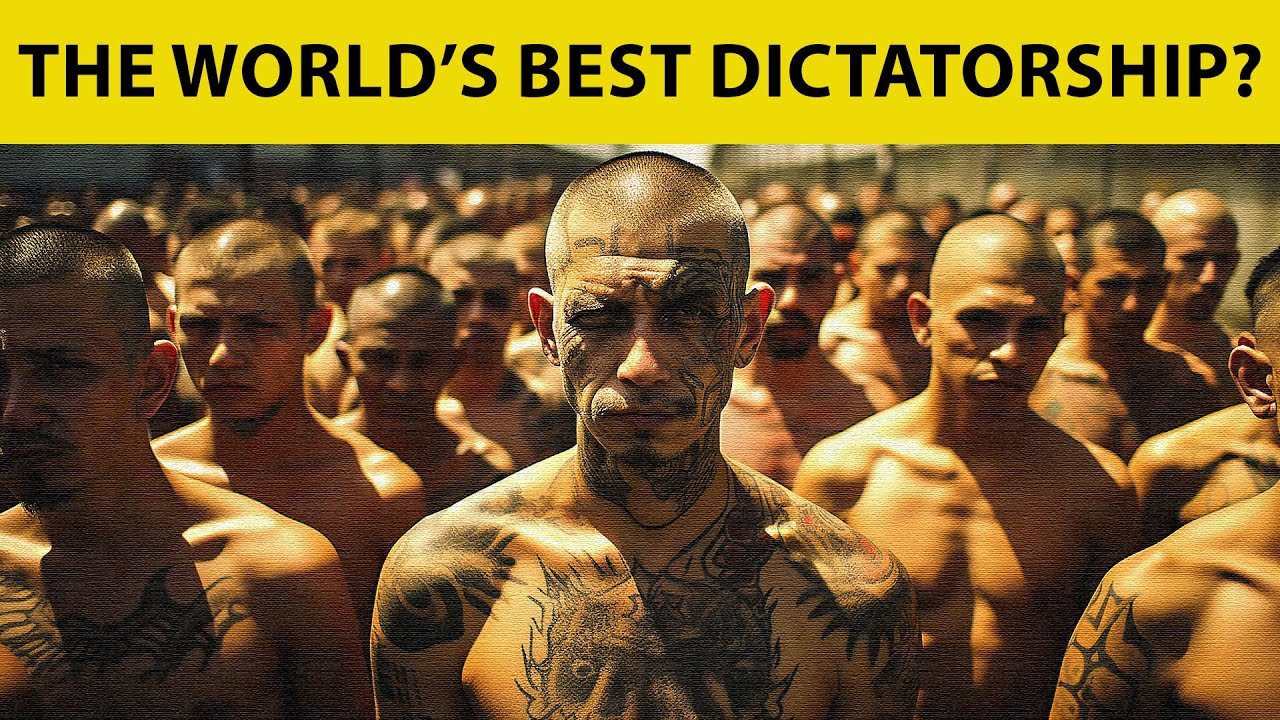- El Salvador experienced a dramatic decrease in murder rates, achieving a level of safety comparable to European countries and potentially lower than Canada’s.
- The crackdown on gangs, while reducing violence, has led to international criticism due to its harsh tactics and the undermining of democratic processes.
- Gangs like MS-13 and Barrio 18, responsible for a significant portion of violence and extortion, have been aggressively targeted, leading to their diminished presence.
- President Nayib Bukele, who has described himself as the “world’s coolest dictator,” has centralized power, raising concerns about the erosion of democracy and judicial independence.
- As of December 2022, approximately 65,000 people have been imprisoned under the state of emergency, leading to the world’s highest incarceration rate.
- Despite the crackdown’s success in reducing violence, it has resulted in widespread human rights abuses, including mass trials, overcrowded prisons, and deaths in custody.
- Public support for Bukele’s tactics remains high, with many Salvadorans valuing safety and peace over concerns about civil liberties and democratic norms.
- Bukele’s approach has sparked interest in other Latin American countries struggling with gang violence, though it’s unclear if his methods can be replicated given the need for a strong central authority.
- The long-term sustainability of Bukele’s policies and their impact on democracy and civil society in El Salvador remain uncertain.
This summary has been generated by AI.

Leave a Reply